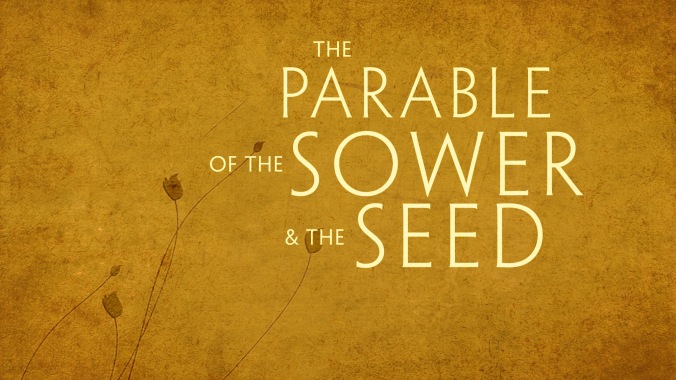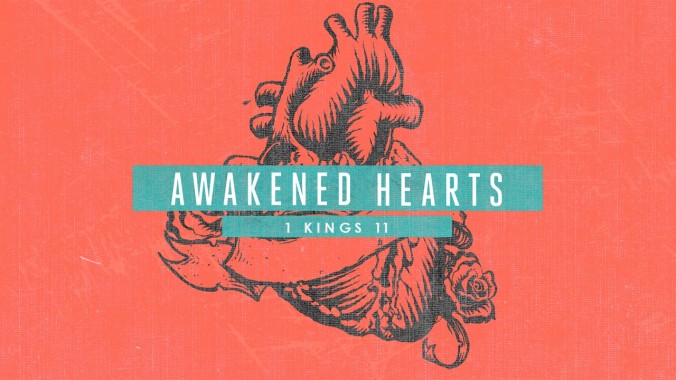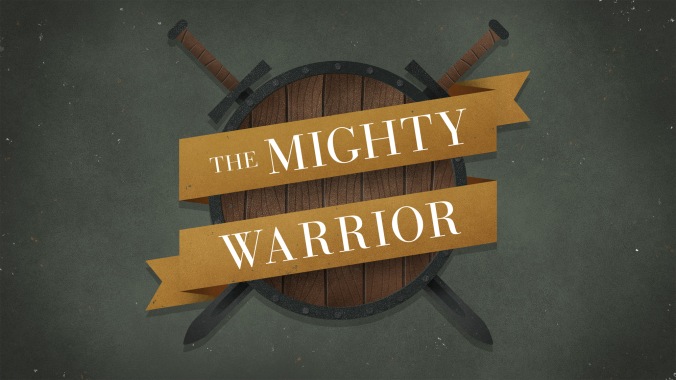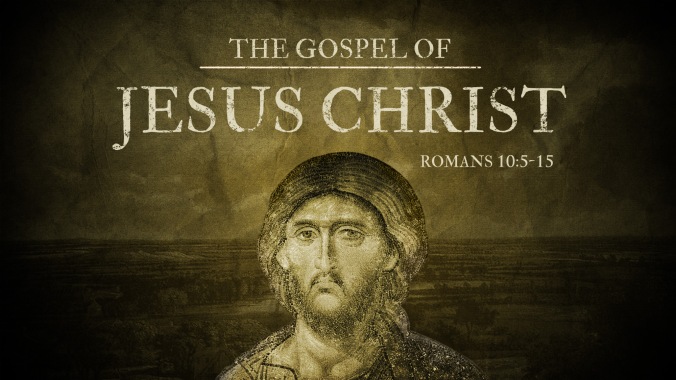It doesn’t take long to look around you and realize there are major problems: problems of war, disunity, envy, indulgence, selfishness, poverty, enslavement, materialism, oppression, etc. And yet so many of our problems would dissipate if we would submit to our purpose, to God’s word and will for creation.
Think about that: God wrote a book. He gave us his words to imbue us with his power, to give us new life, to guide our confused paths. The only problem is, we don’t read anymore. Many studies show how, in our age of screen addiction, there isn’t a whole lot of hearty reading going on – and in order to make use of God’s word there needs to be reading, or at least some listening.
This is where Jesus’s parable in Mark 4 comes in. He tells the parable of the sower. And in his explanation in verses 14-20 he lays out his meaning:
a. Roadside soil (4:13–15): This soil represents those who hear the message but do not understand it, thus allowing Satan to steal it from them.
b. Shallow, rocky soil (4:16–17): This soil represents those who have no depth and thus drop out when encountering persecution.
c. Thorn-infested soil (4:18–19): This soil represents those who allow the deceitfulness of riches to snuff out the seed.
d. Fertile soil (4:20) : This soil represents those who both hear and understand, permitting the seed to produce abundantly.
(from Willmington, H. L. (1999). The Outline Bible (Mk 4:13–20)).
Which soil are you? When the word of God is being scattered, how do you receive it? How do you hear? Do you listen and comprehend?
So many of our problems would be solved if we simply had the heart and interest to take God at his word, to really put down the tech and pick up the Book so that we might hear from God. Let’s try.
And if you don’t really know where to start, start with the New Testament – the last 27 books of your Bible. Read a chapter, mull over it a bit, then pray that God would help you understand it, make it real to you, and help you to carry it out in your day to day life. Keep a consistent pattern and routine. You’ll get the hang of it.
Scripture Reading: 2Ch.31-32; Ps.26; Mk.4









